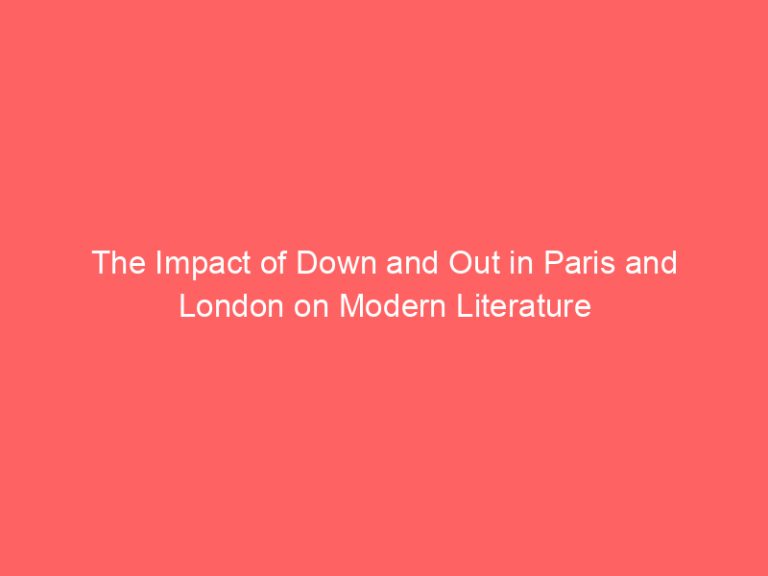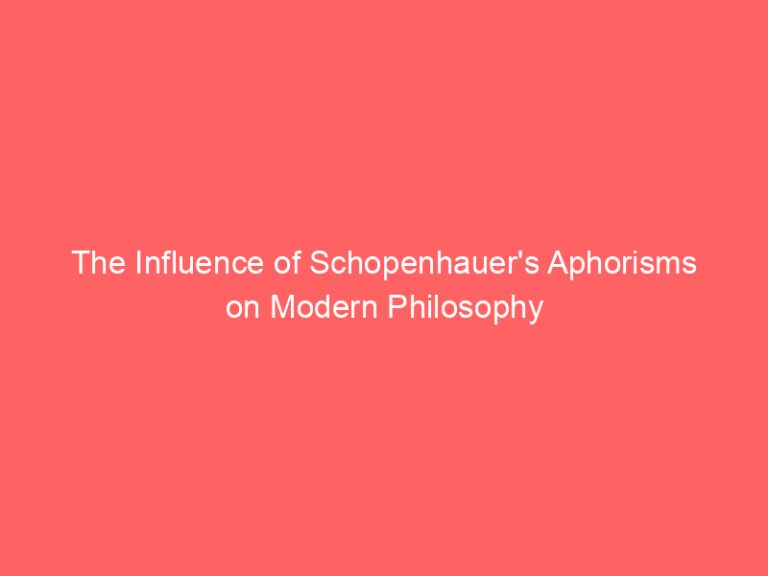The Influence of Eminent Victorians on Modern Biographies
If you’ve ever delved into the world of biographies, you’ve likely noticed how the past shapes the present. The "Eminent Victorians" by Lytton Strachey revolutionized the way we approach biographical writing, blending narrative techniques with a keen psychological insight. You’re about to explore how Strachey’s work paved the way for contemporary biographies, shifting from traditional formats to more complex character portrayals. You’ll see how modern writers incorporate subjectivity, reflecting the intricacies of their subjects in ways that resonate with today’s readers. Get ready to uncover the lasting impact of these Victorian figures on the art of biography as you know it.
The Legacy of Lytton Strachey
Lytton Strachey’s legacy continues to shape the way you think about biographies today. His innovative approach and distinctive narrative style paved the way for a biographical revolution that resonates in modern writing. As you explore his key works and contributions, you’ll see how his influence remains relevant and profound.
The Biographical Revolution
You might notice how the biographical revolution has transformed storytelling, making it more engaging and personal. It’s shifted from dry recounting of facts to vivid portrayals of individuals, capturing their essence and struggles. Readers now crave deeper connections with subjects, fostering empathy and understanding. This evolution has democratized biographies, allowing diverse voices to emerge and share their stories. As you delve deeper, you’ll discover how Strachey’s narrative style played a crucial role in this transformation.
Strachey’s Narrative Style
Strachey’s narrative style invites you to engage with historical figures in a more personal and relatable way. You’ll find his use of irony and wit allows for a deeper connection to the subjects he portrays. His ability to blend fact with narrative flair creates a compelling reading experience. By focusing on the human aspects of his subjects, you’re encouraged to reflect on their complexities. This innovative approach significantly impacts modern writing, paving the way for contemporary biographers.
Impact on Modern Writing
Modern writing owes much to Strachey’s innovative techniques, influencing how you perceive and engage with biographies. You’re likely to notice a greater emphasis on character over mere chronology in contemporary works. Strachey’s ability to blend research with narrative flair has led you to appreciate biographies as compelling stories rather than dry accounts. His focus on psychological depth encourages you to connect more intimately with historical figures. Ultimately, Strachey’s legacy invites you to reimagine the possibilities of biographical writing.
Key Works and Contributions
Key works like "Eminent Victorians" and "Elizabeth and Essex" showcase how his unique blend of wit and insight transformed biographical writing, making it more engaging for readers like you. Strachey’s subjects were presented with a mix of admiration and critique, revealing their complexities in a way that resonated deeply. His ability to weave together historical context and personal narrative set a new standard for biographers. You can see echoes of his style in contemporary biographies that prioritize character depth and storytelling. This evolution in biographical writing leads us to explore the narrative techniques used in modern biographies.
Narrative Techniques in Modern Biographies
In exploring modern biographies, you’ll notice how innovative storytelling approaches have reshaped the genre. You’re likely to encounter character-driven narrative styles that bring the subjects to life in compelling ways. These techniques not only engage readers but also deepen their understanding of the individuals being portrayed.
Innovative Storytelling Approaches
Innovative storytelling approaches can transform how you perceive a subject’s journey, making it more relatable and impactful. You’ll find that weaving in personal anecdotes and vivid imagery creates a stronger emotional connection. By employing non-linear timelines, you can engage with the subject’s life in unexpected ways. This technique helps you grasp the complexities of their experiences, enhancing your overall understanding. With these strategies in mind, the next step is to delve into character-driven narrative styles that further enrich the storytelling experience.
Character-Driven Narrative Styles
Character-driven narrative styles let you connect deeply with the subjects, making their experiences feel personal and relatable. You can see how these styles humanize figures from the past, revealing their struggles and triumphs. As you read, you’ll find yourself empathizing with their journeys in a way that traditional biographies often miss. This approach creates a richer tapestry of their lives, allowing you to understand their motivations and challenges. Ultimately, you’re left with a more nuanced perspective on who they were as individuals.
The Shift from Traditional to Contemporary Biography
You’ll notice that contemporary biographies often embrace a more narrative style, moving away from the strict factual recounting typical of traditional forms. This shift allows for a deeper exploration of the subject’s emotions and motivations. You might find that authors incorporate personal anecdotes and vivid storytelling techniques. This trend reflects a desire for relatability and connection with readers. You’ll see that this approach often blurs the lines between biography and memoir. As a result, you may encounter more subjective interpretations of historical figures. This evolution in style marks a significant departure from the rigid frameworks of earlier biographies.
Exploring Complexity in Character Portrayal
Complexity in character portrayal adds depth to biographies, allowing you to see the multifaceted lives of these eminent Victorians. You’ll find that their public personas often clash with their private struggles, revealing layers of humanity. This richness challenges simplistic narratives, encouraging you to consider their motivations and choices. When you delve into their relationships, you uncover conflicts and alliances that shaped their legacies. You’ll also notice how their societal contexts influenced their decisions, adding further complexity. Recognizing these nuances helps you appreciate the intricacies of their stories. As you reflect on these portrayals, it becomes clear how subjectivity plays a crucial role in biographical writing.
The Role of Subjectivity in Biographical Writing
Subjectivity plays a crucial role in how you interpret the lives of others through biographical writing. Your personal beliefs and experiences shape the way you view a subject’s actions and motivations. You might be drawn to certain traits that resonate with your own life, leading to a biased portrayal. This can create a narrative that feels more relatable, yet it may overlook vital aspects of the subject’s reality. You often find that different biographers can present starkly contrasting images of the same individual. Your interpretation hinges on the lens through which you’re viewing the subject, whether it’s admiration, criticism, or neutrality. Ultimately, the subjectivity in biographical writing invites you to question the truths behind every narrative.
If you’re interested in exploring the intricate character development that has shaped modern narratives, I highly recommend visiting the webpage on The Characters in The Mysterious Affair at Styles. This page delves into the rich character dynamics crafted by Agatha Christie, which have influenced countless biographies and storytelling techniques today. Discover how these characters resonate with the themes of the Victorian era and their lasting impact on literature!




